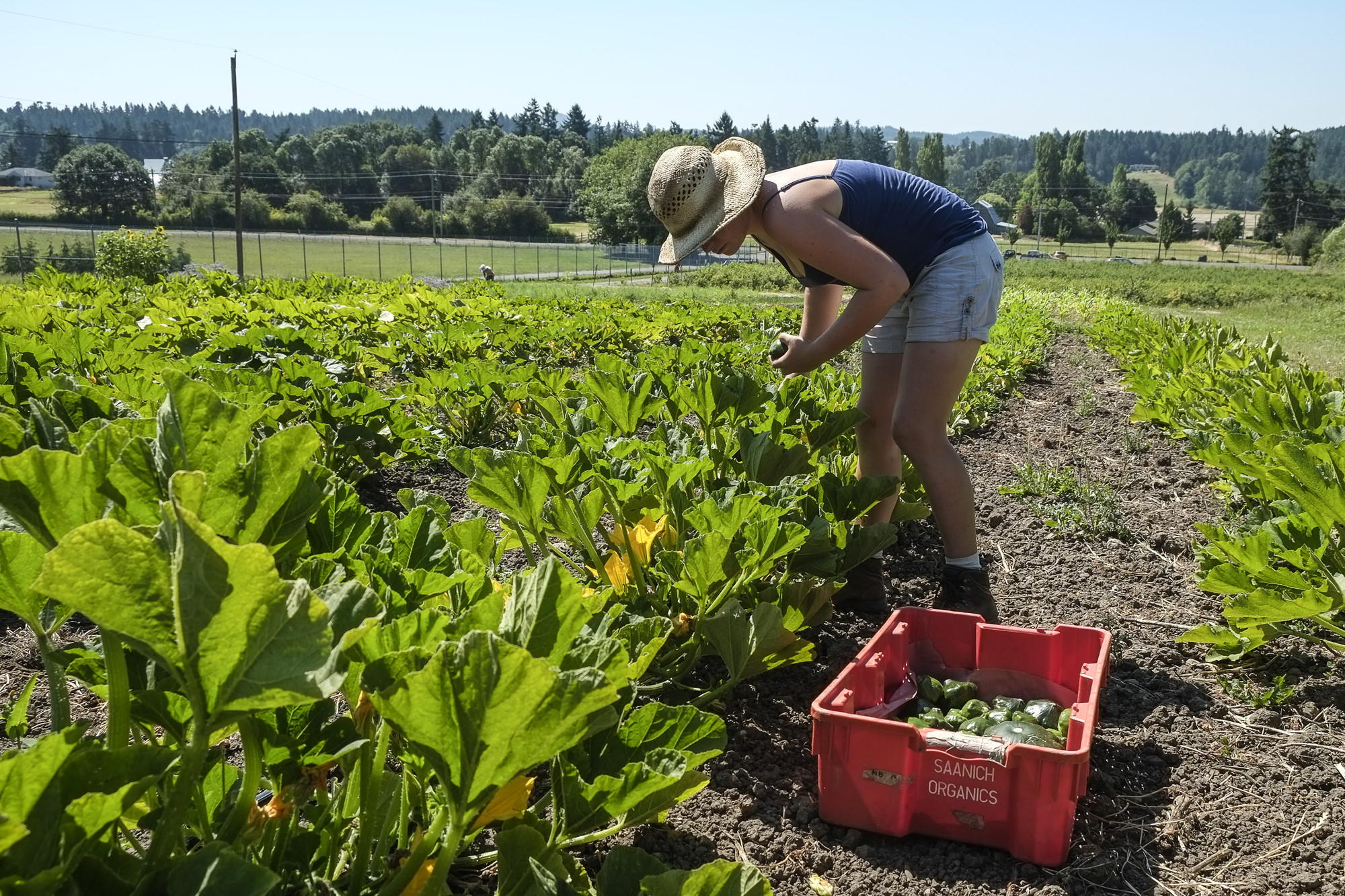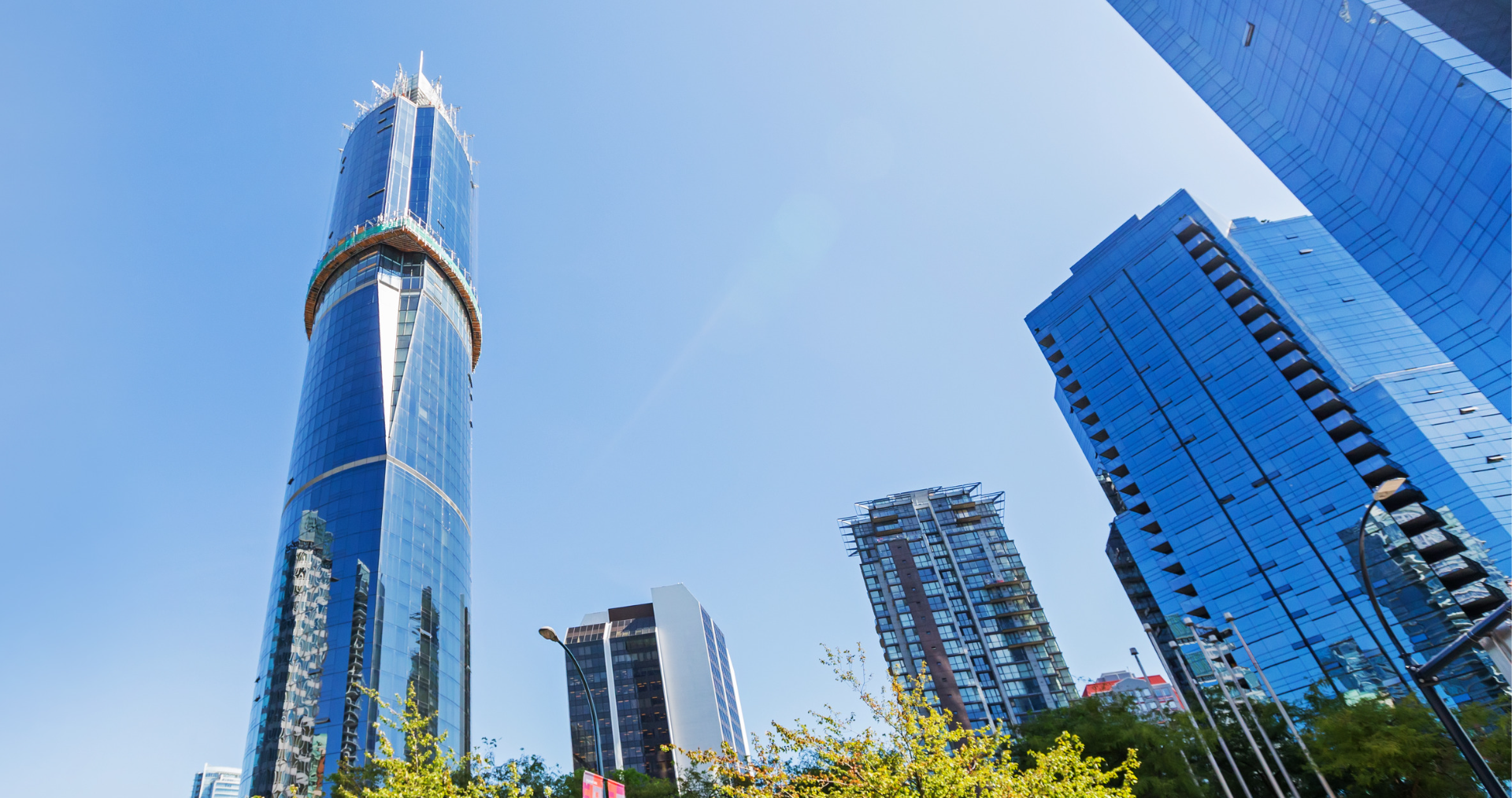
Fair Wages Commission
On this page:
Overview
Who: The Ministry of Labour
What: To determine and establish minimum wage needs and review processes
Where: Province-wide
Why: To ensure minimum wage keeps up with cost of living
How: Online
Engagement summary
Phase 1: The Fair Wages Commission was established in 2017 to advise government on how to raise minimum wages with increases that are regular, measured, and predictable.
Phase 2: In 2019, the Commission sought feedback on living wages with the goal of closing the gap between the minimum wage and a living wage. A living wage is defined as the hourly rate at which a household can meet its basic needs based on the actual costs of living in a specific community. A living wage is generally higher than a minimum wage because it considers what earners in a family need to bring home based on the actual costs of living in a specific community. The minimum wage is the legislated minimum set by the provincial government.
The tasks and results of the Commission’s work are broken down below.
Task 1
Task 1 – Develop recommendations for a path forward to raise the minimum wage to $15-an-hour, as well as a process for how the minimum wage should be regularly reviewed and increased once $15-an-hour is achieved.
The Commission’s consultations occurred in November and December 2017. The first report was delivered to the Minister of Labour in early 2018 with recommendations about the timing of increases for the general minimum wage.
Read the report with recommendations.
Task 2
Task 2 – Consider and make recommendations about other wage rates under the Employment Standards Regulation, for agricultural workers, liquor servers, live-in home support workers, resident caretakers, and live-in camp leaders.
The Commission’s second report was delivered in April 2018 with recommendations on wage increases for alternate minimum wage earners.
Read government’s response and the second report with recommendations.
Following the commission’s second report, UBC agriculture economist Dr. Karen Taylor undertook a study on B.C.’s piece-rate system. Read Dr. Taylor’s Piece Rate Study: exploring the economic impact of the piece rate system in British Columbia.
Task 3
Task 3 – Advise the government on ways to address the discrepancy between the minimum wage and a living wage in our province.
The Commission’s third report was delivered in April 2023.
It provided a comprehensive review of living wages in B.C., analyzed factors affecting a living wage in different communities and jurisdictions in the province and elsewhere, and described the challenges and opportunities of moving towards living wages.
The report concluded that government-wide measures – such as reduced childcare costs, minimum wage increases, increased housing, hydro and ICBC rate reductions, eliminating Medical Services Plan premiums, addressing food insecurity, and other social policies – are the key factors helping to moderate the gap between minimum and living wages in B.C.
The report also noted the important role employers can play by voluntarily paying a living wage.
The Fair Wages Commission’s work is now complete.






